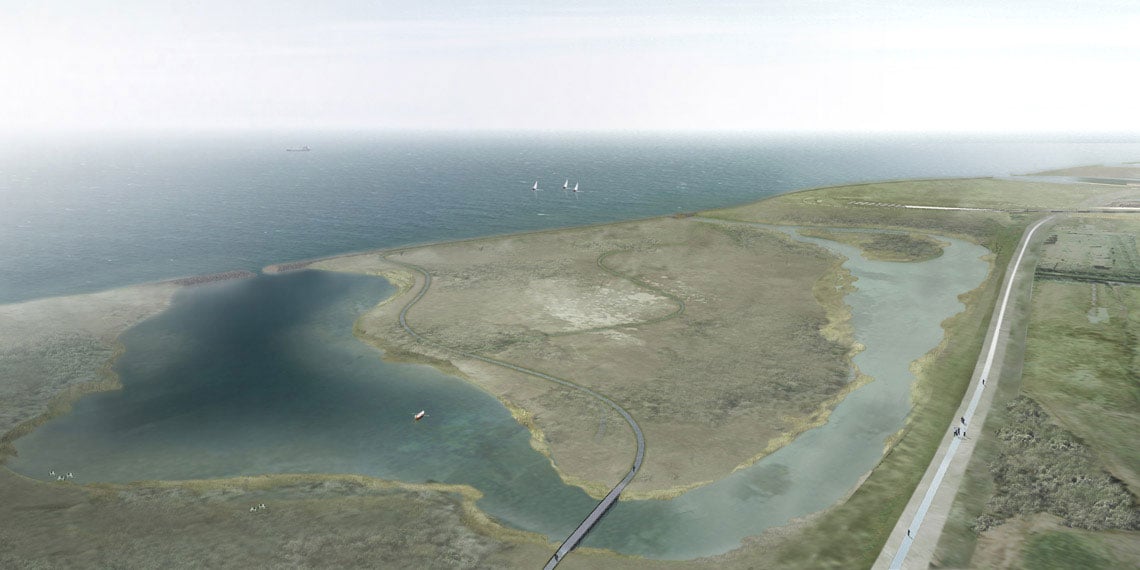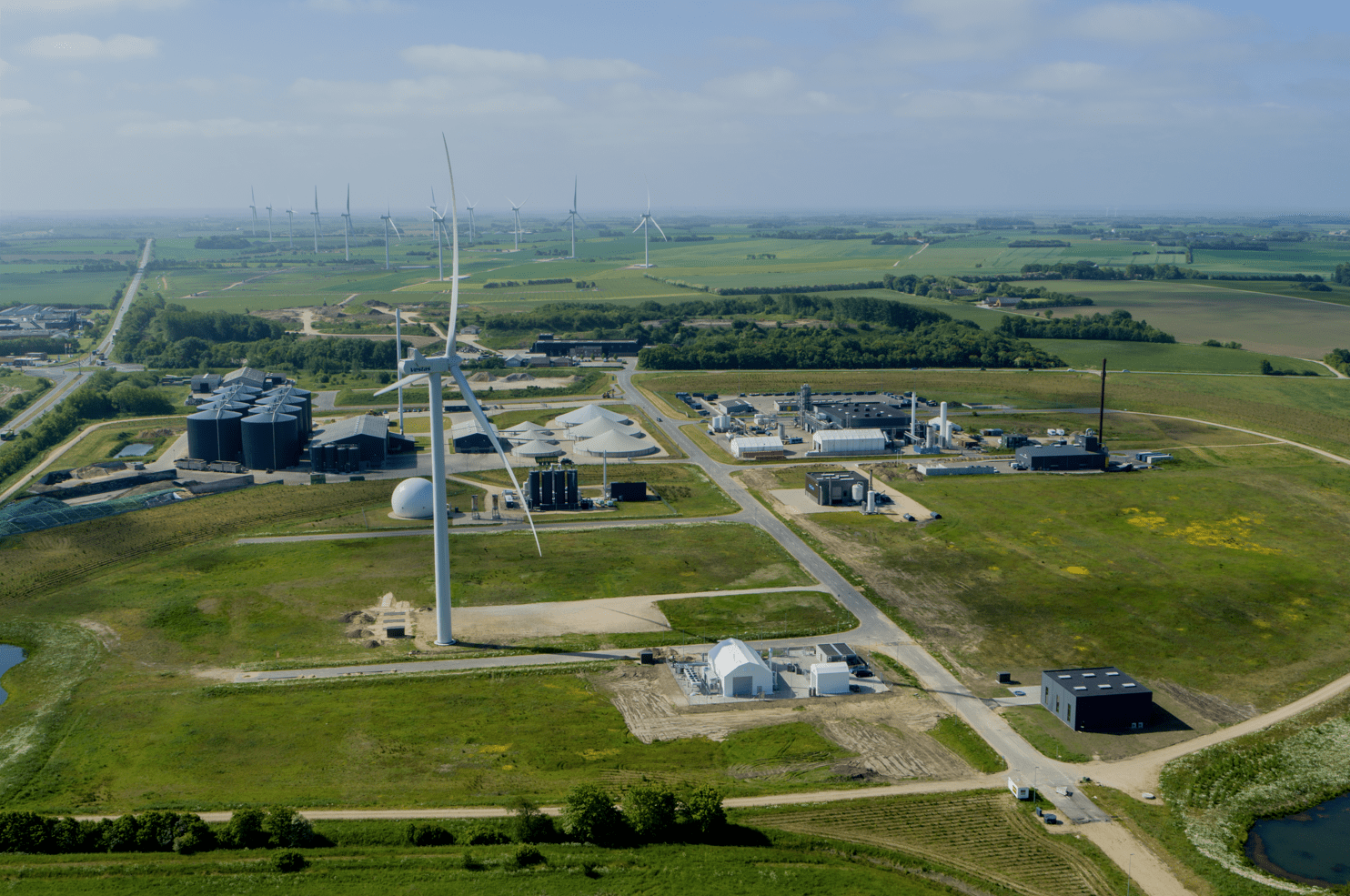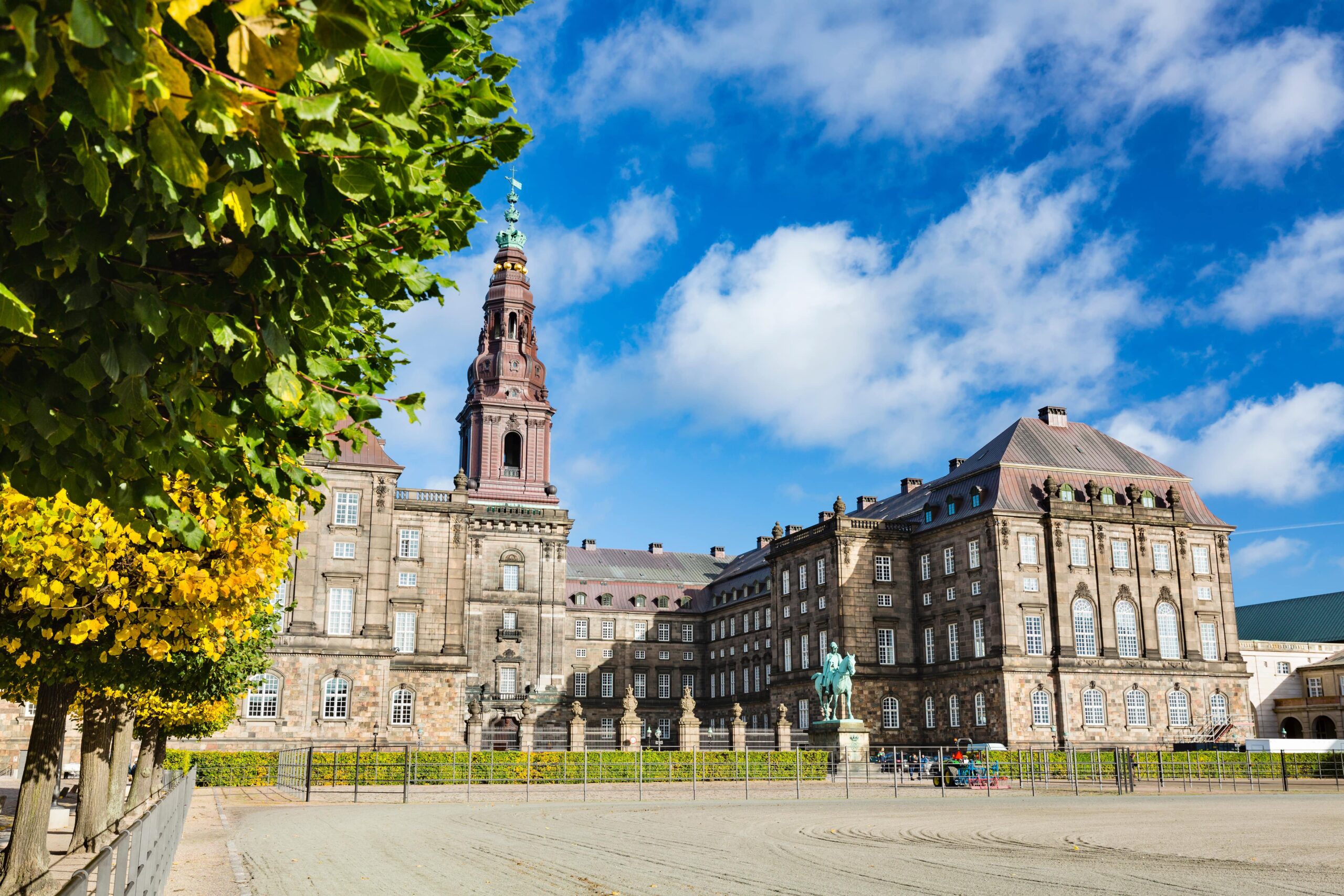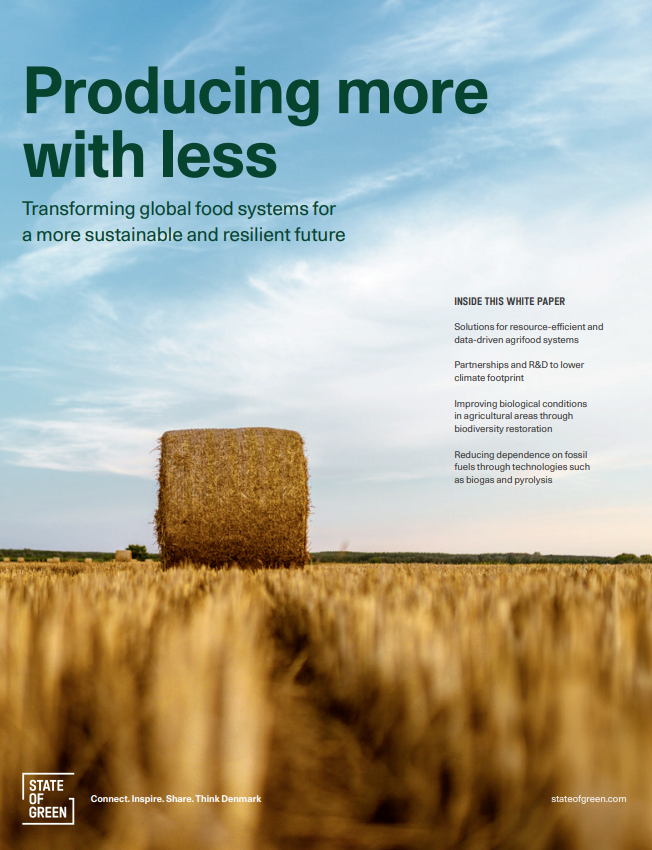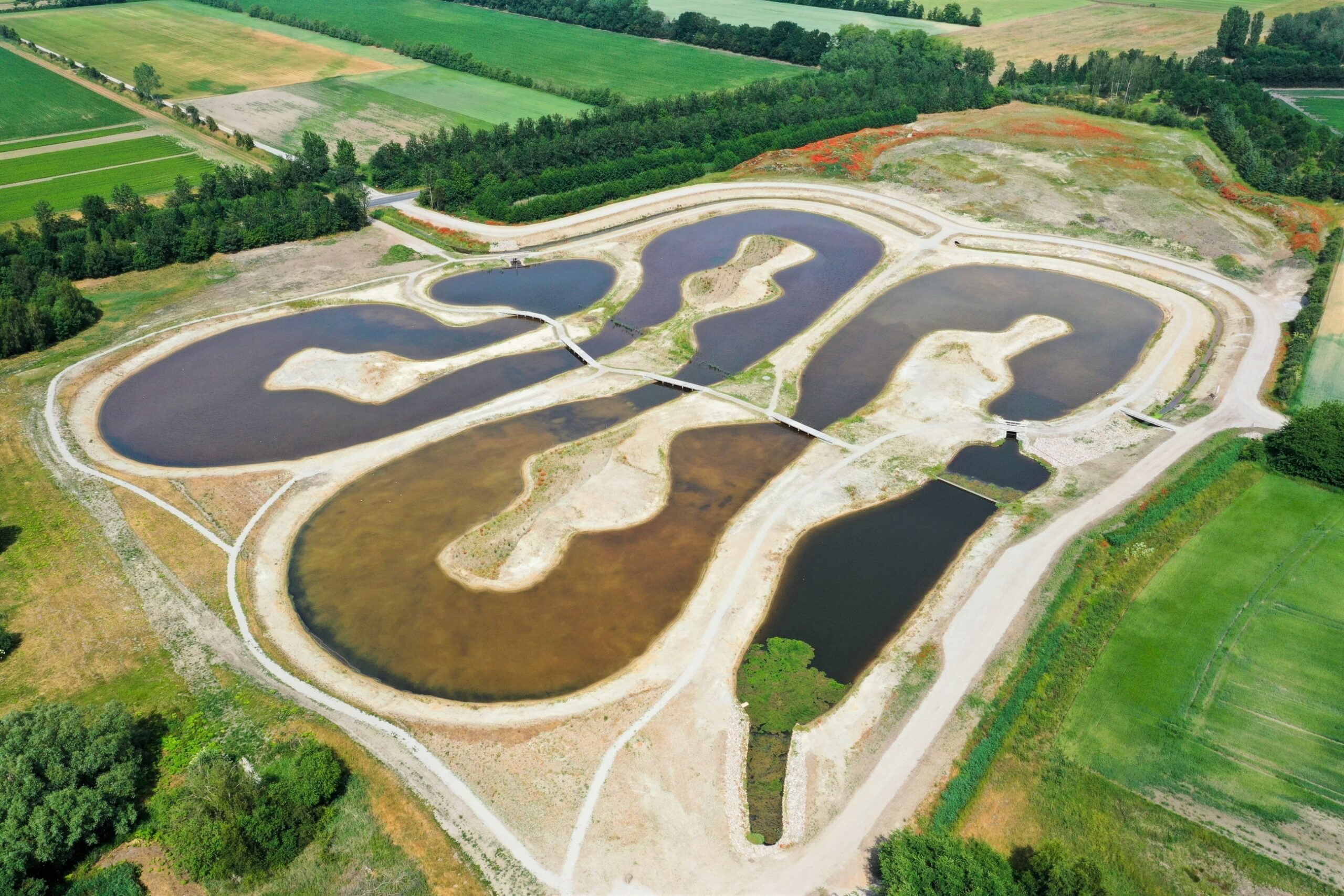News
Bioenergy
Biogas
Climate change adaptation
+1
SAS joins the move towards flights powered by biofuels


Several airline carriers such as United, Qantas and Cathay Pacific are scaling up their efforts to power their aeroplane fleet with biofuels and Scandinavia is joining the trend. As a part of SAS’s recently launched Climate Strategy 2030, the company is instituting initiatives to reduce air transportation’s CO2 emissions and encouraging national cooperation in order to speed up the green transition.
“As a company, we play a significant role in society and therefore we are also taking responsibility. This means that we must think seriously about climate challenges and inform of what we can do, now that we are seeing the severity of the challenge”, says the group’s managing director, Lars Sandahl Sørensen.
SAS flies up to 30 million passengers annually, resulting in 800 daily flights in Scandinavia alone and represents one-third of all air traffic in Copenhagen’s airport, which is Northern Europe’s largest hub. Therefore, the airline has a goal of reducing its CO2 emissions by 25 per cent in 2030 when compared to 2005 levels. This reduction should be seen in relation to the fact that the amount of passengers has increased by 20 per cent since 2005 and is expected to continue increasing significantly, as more routes are added.
- Related solution: Biodiesel as a circular solution to transportation
In order to make this change, the airline must replace all of its aeroplanes. The process has already begun and is expected to be concluded by 2023. Doing so will result in a reduction of CO2 emissions of up to 10 - 12 per cent and will cost in excess of EUR 4 billion (DKK 30 billion).
In order to get started, SAS is embarking upon plans to purchase the entire quantity of biofuels currently available on the market. Denmark has considerable potential in this sphere, due to its strong market position within environmental technology and innovation for agricultural waste, which gives them a unique possibility to become the global leader within biofuels.
“It is presumably one of the greatest climate investments in the Scandinavian business community to date and is equivalent to building the Øresund Bridge two and a half times”, says Lars Sandahl Sørensen.
By 2030, SAS promises that they will be using such large quantities of biofuels that it will be sufficient to fuel all of its domestic flights. The company is also working actively on CO2 compensation for customers and their own employers’ flights. Furthermore, SAS is entering into partnerships to develop electric and hybrid flights.
The world’s largest biofuel producer, Nature Energy, which is located on the Danish island of Funen, strongly supports SAS’s climate goals. The biofuel producer, which already has six active biogas plants in Denmark, stresses that within this area Denmark possesses a large, untapped potential, which can be fulfilled with partnerships between companies and broad political support for the green transition.
“SAS’s climate plan is the correct way for the flight industry and for Denmark. We support it 100 per cent and we are ready to deliver the biogas needed for the ambitions and plans to become a reality”, says Ole Hvelplund, CEO at Nature Energy.
Today, Nature Energy and SAS are working together with Danish Technology University and Southern University of Denmark in order to develop the future biofuel. In approximately five years, Nature Energy is expecting to have a plant which can convert biogas into aviation fuel.
Sources: Berlingske and Nature Energy
You should consider reading
publications
Resource efficient production
+15
